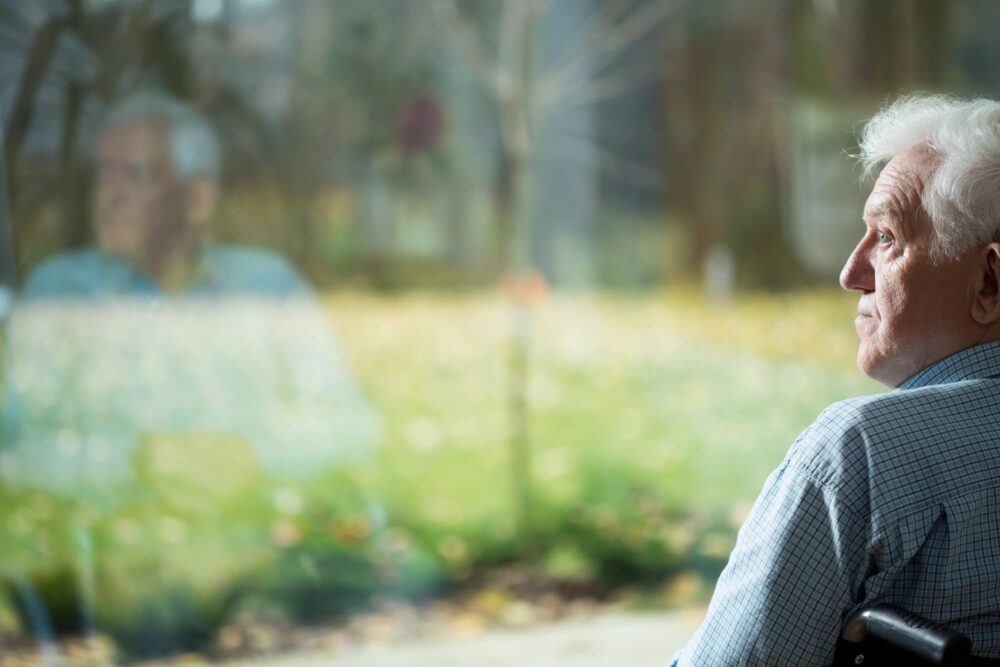Top Aspects of Nursing Home Abuse And Negligence Lawsuits

The devastation that results from experiencing nursing home abuse and negligence firsthand, or learning that a loved one is or was being abused and/or neglected, elicits a number of disturbing feelings including hurt, anger, and depression. While difficult, staying focused on stopping the abuse and/or negligence and gathering essential proof in order to achieve justice are top priorities. Taking effective legal action requires obtaining several key types of evidence. The five most important aspects in such cases are:
1. Written Documentation
2. Photographs
3. Medical Records
4. Victim and Witness Statements (Including Staff, Other Residents, Previous Employees, and Other Family Members or Friends)
5. Personal Belongings & Financial Inventory
1. Written Documentation
Obtaining any and all types of written attestment, complaint, or other type of description of the alleged negligence and/or abuse, particularly that which was provably written and given to the nursing home by, or on behalf of, the neglected and/or abused resident, is important.
2. Photographs
Obtaining pictures of bruising, burns, abrasions, lacerations, broken bones, swelling, bed sores, infections, and other forms of injury is beneficial. Dates and specific descriptions should be included.
3. Medical Records
Obtaining all medical records, including those from visiting doctors, off-site physicians with whom a neglected or abused resident had appointments, and hospital visits (including emergency visits), is essential. Records should be reviewed for instances of dehydration, malnutrition, gastroenteritis, infections, dental problems, and psychiatric issues, among other ailments.
4. Victim and Witness Statements (Including Staff, Other Residents, Previous Employees, and Other Family Members or Friends)
Obtaining written and video statements from any and all parties who have information about the alleged neglect and/or abuse, including nurses, aides, other care workers, and even past employees, is helpful in building a solid case. Note that abuse may be both physical and mental.
5. Personal Belongings Inventory
Confirming which items, if any, were taken from the individual is another crucial factor. Photographs, videos, receipts, personal belongings inventory forms, and other types of evidence can be beneficial. Clothing, jewelry, and even money and bank accounts should be carefully reviewed.
There are a number of benefits of having experienced legal representation in Nursing Home Abuse and Negligence cases:
* Experience and skill in unique and unusual cases
* Knowledge of the entire legal process
* Awareness of new changes to legal processes occurring during Covid-19
* Expertise applying the laws particular to Nursing Home Abuse and Negligence
* Use of time-saving and money-saving strategies in legal case development
* Ability to recognize legal liability from different angles
* Greater likelihood of gaining maximum compensation and justice
If you or a loved one is currently experiencing Nursing Home Abuse or Negligence, contacting an experienced lawyer for an initial consultation is an important step. It is helpful to research information about lawyers who specialize in Nursing Home Abuse and Negligence cases, or if possible, who specialize in the particular type of Nursing Home Abuse or Negligence lawsuit case you may be dealing with.
Many lawyers and legal teams offer free initial consultations. At Mallard & Sharp, P.A., we specialize in a wide variety of cases, including Nursing Home Abuse and Negligence in Miami, South Florida, or any other area in Florida. To schedule a free initial consultation with our expert legal team call 877.662.5527 or 305.461.4800.


